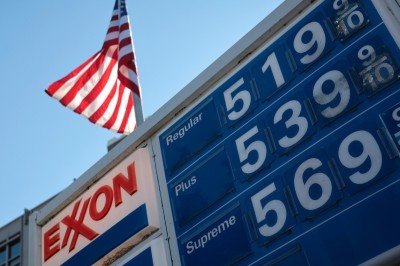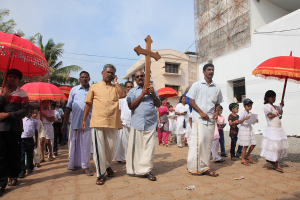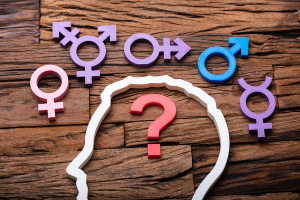Have you considered how energy price hikes affect third world countries?

Gas prices are on the rise, not just in the U.S. but across the world. Yes, the Ukraine war has played a role in influencing global gas prices, but there are more worrying reasons behind this increase in energy prices.
The impact of the price hike is particularly pronounced in countries that house some of the poorest in the world. The more unaffordable gas prices become, the harder it is for families to even meet their basic needs.
God has called His people not just to be spectators but to function as His active agents in this world. His church is a conduit of His grace, love, compassion, mercy, and blessing.
So, in this energy crisis, what can Christians do? Offer free gas to the poor? Pay people’s electricity bills? There is a much more effective way to aid those in energy poverty, and that is by voicing their support for energy liberty.
Understanding energy poverty: Worse in poor countries
A country, a community, or a household is in energy poverty when it cannot access or afford the most basic energy required for normal life. In the U.S. and UK, energy poverty could mean an inability to afford heating in winter or cooling in summer.
In other countries like Nigeria, India, Somalia, Congo, Philippines, and China, energy poverty could mean a whole different level of poverty. We are talking about families and entire communities that cannot afford or cannot access basic lighting, a simple ceiling fan, a washing machine, a refrigerator, or even water pumps to irrigate their land.
What causes energy poverty? It could be a lack of energy resources to generate energy or active policies that inhibit the proliferation of energy systems and production. While there are countries that are yet to build strong energy systems, there are others that have the capacity to generate yet are inhibited by restrictive energy policies.
Today, many developing economies have shot themselves in their own legs by espousing restrictive energy policies that have crept up in the guise of fighting climate change. As a result, they are slowly but surely pushed into energy poverty. If not their entire economies, many subsections feel the growing constraint on affordable energy.
Consider the U.S. for example: Gas prices could have been much lower if the government had allowed the exploration, production, and import of more oil and gas. Instead, there is a war on all things fossil. One-third of American households struggle to pay for their basic energy needs.
Likewise, in China, anti-coal policies led to widespread heating problems in winter when entire villages ran out of their heating source. More than a dozen Chinese provinces experienced unprecedented power shortages in 2021. In India, 1.3 billion people hope every day that their nation’s newfound love for renewables does not affect the mining and supply of coal that supplies more than 70% of electricity.
So, the new energy poverty we are dealing with today is unlike the previous decades. Today, we have the resources yet choose not to use them in the name of fighting climate change, resulting in widespread poverty.
Christians can step in
God’s children stand for the poor and the voiceless. They must stand for what is true and just. When it comes to energy poverty, it is important that the Church stand for the rightful access of the world’s poor to basic energy resources.
Despite huge global fanfare and massive subsidies, renewable energy systems have never been reliable and affordable. Besides not being able to render reliability to the already suffering lives, they are also notorious for increasing power tariffs and making the entire power network more prone to blackouts.
In contrast, coal, oil, and gas continue to remain the most affordable, abundant, and reliable sources of energy. The Western economies of today’s world enjoy considerable luxury and a high standard of life because of the industrial revolution and post-industrial development that were based on these fuels.
When it comes to accessing and using these resources, the Church must not ignore the same developmental needs that people in poorer countries have.
Yes, we can embrace energy sources that offer endless energy that is reliable and affordable, but the technology of that standard is not here yet. And in the 21st century, there has also been a tremendous improvement in the way these fuels are burned. Coal plants now have advanced filters to reduce pollution and combustion technologies in vehicles have become cleaner. These resources are naturally available and can be imported where not available.
So, the Church must set aside the climate fear that the media feeds it and start supporting policies and principles that will help energy access for those at home and for those in abject poverty around the world.
Call your local political representatives and let them know your support for conventional, abundant, reliable, and affordable energy sources that were never labeled as evil before the politics of climate change began infiltrating our lives.
Tell them you do not support international political agendas that seek to limit fossil fuel use in poor countries — countries where people still live in the dark and go to hospitals without reliable electricity supply.
Vijay Jayaraj is a Research Associate at the CO2 Coalition, Arlington, VA., and holds a master’s degree in environmental sciences from the University of East Anglia, UK. He resides in Bengaluru, India.



























